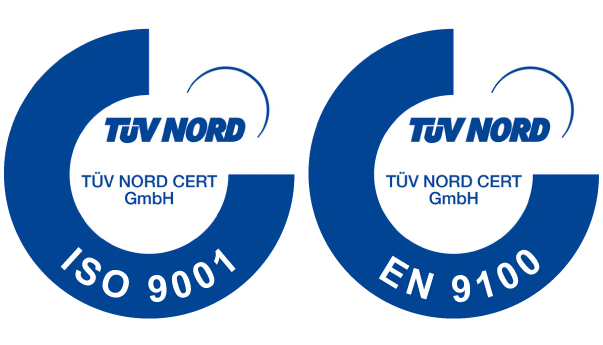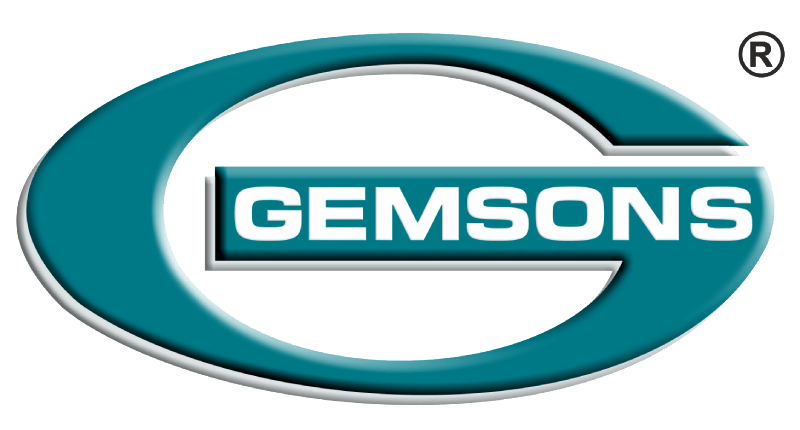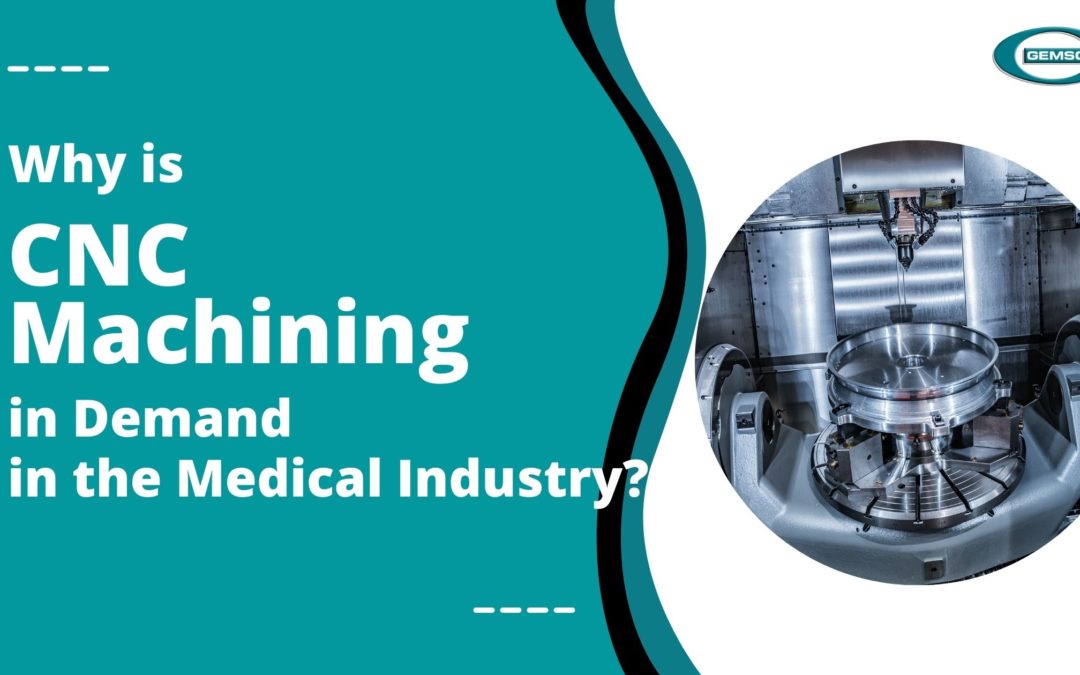CNC metal machining is replacing other manufacturing technologies in several industries. The medical field is regarded as having rare opportunities for blunders, and when making medical parts, the same rule applies because the sector deals with human life, and even minor mistakes can result in serious health problems or even death. As a result, the machining technique used by machinists to produce medical parts must support tight tolerances and high accuracy measurements.
CNC metal machining is gaining popularity because it can produce detailed and exact results in huge quantities, which has led to an increase in the number of producers using CNC machines in the sector.
CNC machining is a manufacturing method in which the movement of tools is controlled by pre-programmed computer software. All medical goods can be created accurately and swiftly with the help of CNC milling and turning. Let’s look at the top advantages that brought CNC machining in demand for the medical industry:
No Fixed Tooling
CNC machining is hard to beat for quick turnaround and minimum investment in small production runs or even single one-off products. Parts for the medical industry must frequently be manufactured quickly and in small quantities. At the same time, CNC metal machining allows components to be manufactured without specialised tools, which can lengthen the manufacturing process but provide excellent quality and accuracy even when no tooling is used.
No Volume Restrictions
Once a digital CAD (computer-aided design) file has been created, it can easily construct a cutting programme from it and within the touch of a button. This coding application can manufacture a single part or any number of parts with the highest precision and accuracy. This is a huge benefit when creating single-use or one-off custom parts, such as highly specialised medical devices, appliances, equipment, prostheses, and other medical or surgical goods. Other procedures necessitate minimum order volumes to get the required raw materials, making some projects impracticable, while with CNC machining, there is no need for a minimum order.
High Tolerances
Many medical types of equipment necessitate a wide range of tolerances, and with Gemsons CNC machines, this is simple to accomplish. Surface finishes are usually superb and require minimal post-processing, saving time and money, but it is not the most crucial consideration. The most important thing to remember about medical supplies and equipment, in general, is that they must be suitable for their purpose, and any variation from the standards can mean disaster.
Fast Machines
CNC machines are faster and can work 24 hours a day, 365 days a year. Servicing and upgrading are the only times when the manufacturer pulls appliances out of service, aside from routine maintenance.
Digital CAD files are lightweight and flexible.
Product designers, medical specialists, and manufacturing professionals can quickly and easily transfer digital programmes from one location to another. This technology significantly improves CNC machining’s ability to produce high-quality specialist medical devices and equipment solutions wherever and whenever needed, regardless of geographic location. This feature of CNC machining is handy, especially in medical circumstances where time is critical.
We, Gemsons are the leaders in CNC precise production, with over 55 years of engineering experience and our capabilities include everything from mass production to low-volume job creation.



Recent Comments